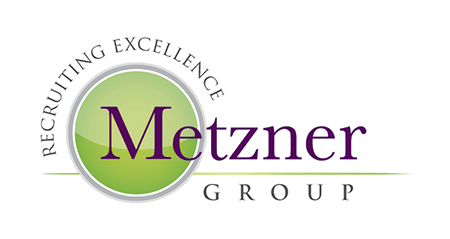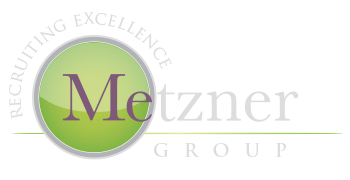Embracing Ethical Recruiting: A 2025 Refresher on Integrity & Relationships

Being ethical is critical in executive recruitment. An ethical executive recruiter recognizes that their role goes beyond merely filling a position; it is about building meaningful relationships and ensuring the match between candidate and company is genuine and beneficial. This approach is not just a professional obligation but a moral one.
Building Relationships: A skilled executive recruiter understands the importance of nurturing relationships with clients and candidates. These relationships are rooted in trust, transparency, and mutual respect. By understanding both parties' needs, values, and aspirations, the recruiter can make informed decisions that lead to successful matches.
Focus on Fit: The right match goes beyond qualifications and experience and involves cultural fit and values alignment. Ethical recruiters take the time to grasp the organization's culture and the candidate's personality. They strive to ensure the new hire will thrive in the company's environment and contribute positively to its goals.
Integrity and Honesty: Principled recruiters uphold integrity throughout the recruitment process. They provide honest feedback, manage expectations, and avoid practices that could mislead or exploit either party. This includes being transparent about potential challenges and ensuring candidates are fully informed about the roles they are being considered for.
Long-Term Success: An ethical recruiter prioritizes long-term success for both the candidate and the company. This means valuing quality over quantity and making placements likely to endure. An ethical match leads to higher job satisfaction, reduced turnover, and a stronger, more cohesive organization.
In conclusion, ethical executive recruiters are about much more than filling positions. They foster relationships, ensure a good cultural fit, maintain integrity, and aim for long-term success. By adhering to these principles, recruiters fulfill their professional responsibilities and contribute to the overall well-being of the companies and candidates they serve.
The Metzner Group Blog



